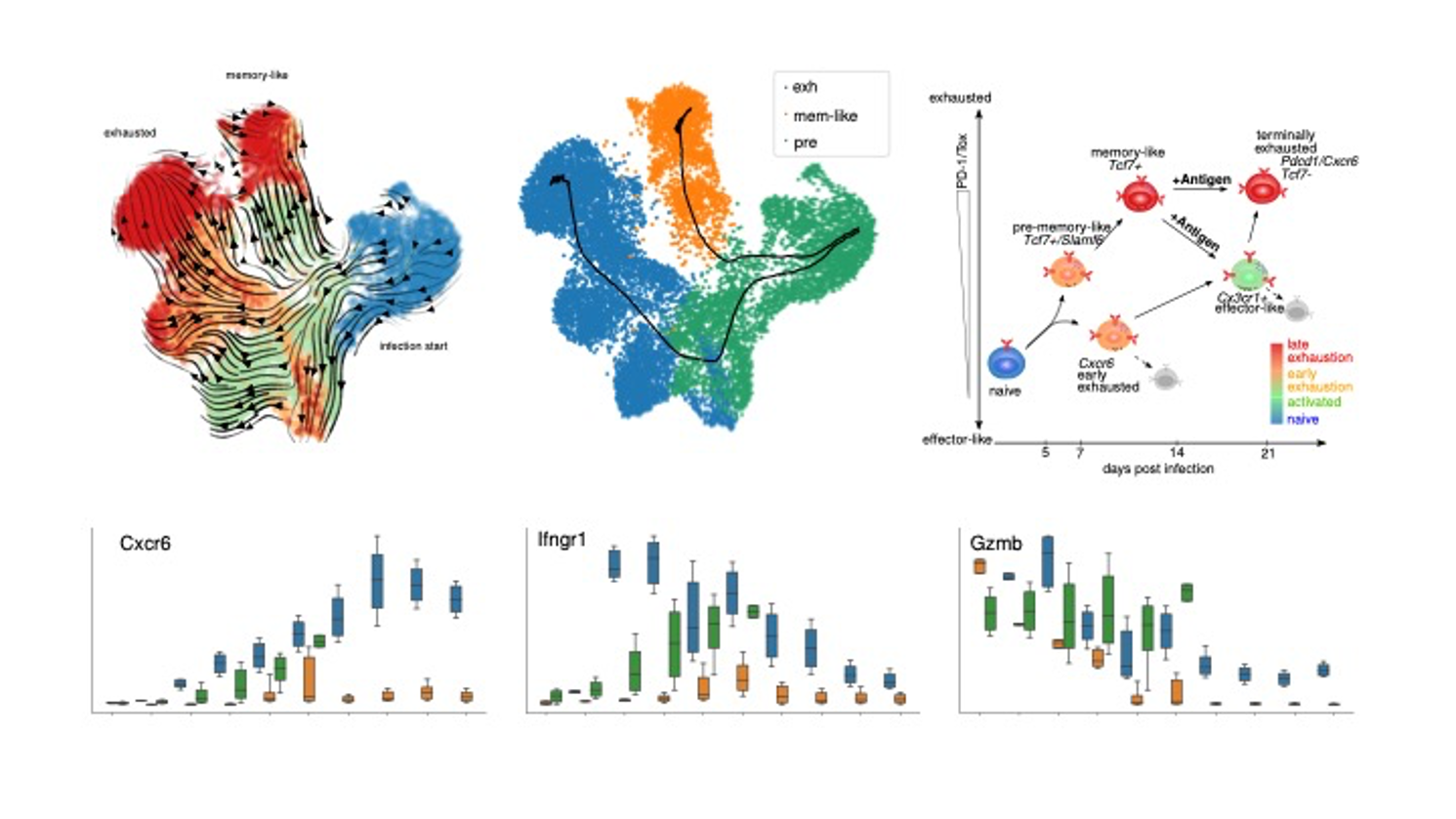
Human
-
Cardiovascular risk modelling
Eils Group, Hub for Innovations in Digital Health, Service center: Heidelberg Center for Human Bioinformatics – HD-HuB
In this project, we work towards an improved prevention and treatment of patients with established coronary heart disease (CHD). CHD is a major cause of morbidity and mortality. The risk landscape in patients with coronary disease is highly heterogenous, depending on their genetic background, clinical characteristics, cardiovascular risk factors and atherosclerotic disease status. With the availability of effective, but costly novel treatment options (such as PCSK9-inhibitors), there is great need for advanced cardiovascular risk prediction tools to stratify patients, guide the use of novel treatments and improve clinical trial design by selecting high-risk individuals. Here, we aim to improve and personalize prevention and treatment of coronary heart disease by developing data-driven, neural-network based tools for risk modelling and multi-modal data integration. We investigate representation learning techniques to identify latent factors across data modalities associated with risk and examine lifetime risk more closely with the aim of making individualized risk prediction using counterfactuals. The clinical environment at Charité in synergy with data-collection and patient management platforms allows for a prospective validation and clinical integration of our technologies.
For further information, visit ails lab.
 Search projects by keywords:
Search projects by keywords: -
Competing Endogenous RNA Networks in Colorectal Cancer
Stadler Group, Leipzig University, Service Center: RNA Bioinformatics Center - RBC
Colorectal cancer (CRC) is a heterogeneous cancer and its treatment can be different depending on its anatomical location. Some molecules can act as regulatory network influencing different aspects of cancer development. This study aimes to create competing endogenous RNA (ceRNA) networks to find biomarkers that elucidate clinical and functional implications for colon, rectum and rectosigmoid junction cancer via means of machine learning, based on RNA expression and clinical data of patients obtained from The Cancer Genome Atlas (TCGA).
For more information see RNA Bioinformatics Center (RBC)
Funded by: CAPES (Brazil)
Search projects by keywords:
-
LAMarCK - LongitudinAI Multiomics Characterization of disease using prior Knowledge
Zeller Group, Saez-Rodriguez Group, Schlesner Group, Bork Group, and Korbel Group, Service center: Heidelberg Center for Human Bioinformatics – HD-HuB
The need for proper integration of molecular omics data from human individuals is arguably one of the biggest challenges in current biomedical research, as these data cover different functional aspects that facilitate basic research, but also reveal differences between human physiological states with medical relevance (e.g. disease versus healthy, different disease subtypes etc.). To tackle this challenge, we formed a team of researchers with complementary areas of expertise from different Heidelberg institutions, all associated with the de.NBI node HD-HuB, which delivers services on human genomics and human microbiomics. Both these fields rely on similar kinds of data, which are increasingly coming from longitudinal studies assessing multiple omics approaches. Thus, they face similar technical and methodological challenges - and closer communication, as well as integrative approaches bridging both fields hold great promise for improved diagnostic, prognostic and therapeutic approaches, as is already becoming apparent for type-2-diabetes onset.
The LAMarCK consortium on the one hand aims to devise generic approaches to integrate heterogeneous longitudinal multi-omics data across microbiome and host, on the other hand it will also develop frameworks that make use of domain-specific prior knowledge on the underlying biological mechanisms for improved interpretability of the results. Funded by the BMBF (grant no. 031L0181A), the consortium is applying and benchmarking state-of-the-art machine learning approaches for longitudinal multi-omics data from microbial and host cells and augmenting these by integration with biomolecular knowledge bases. These new approaches will help dissect the molecular mechanisms underlying human diseases, such as colorectal cancer.
Search projects by Keywords:
-
Machine Learning in translational (single-cell) omics
Group for Clinical bioinformatics & Machine learning in translational single-cell biology, University Hospital Tübingen, University Tübingen, Service Center: Center for Integrative Bioinformatics - CiBi
Cell subpopulations play a pivotal role in the initiation and progression of immune processes and complex diseases. We plan to perform CPU/GPU based computations to elucidate intra- and intercellular mechanisms of such cell subsets conferring their function and association to organism-level phenotypes. Specifically, computations will be performed for development to leverage single-cell measurement based studies to this end. Specifically, we developed machine learning approaches to identify rare, phenotype associated cell populations either via deep or shallow unsupervised or supervised learning. High-dimensional single-cell snapshot measurements are now increasingly utilized to study dynamic processes, complementing our recent efforts based on time-lapse measurements. However, it is not trivial to derive interpretable dynamic models from these. To this end we developed and will further benchmark sparse regression approaches, probabilistic graphical modeling, supervised surrogate learning approaches for large scale reaction network inference and the Dynamic Distribution Decomposition, as well as psupertime, a supervised pseudotime approach for single-cell RNA seq time series based on a regression model, which explicitly uses time series labels as input. Methods will be benchmarked on both unsensitive research data, as well as applied on possibly sensitive patient data from collaborations with partners at the University/University Hospital Tübingen. Initial activity in this project involved simulation and AI based inference of T cell exhaustion differentiation in chronic infections (see Figure).

Simulation and AI based inference of T cell exhaustion differentiation in chronic infections. Dynamic and Markov Chain modeling of cellular bifurcated differentiation processes including classification based molecular characterization of individual differentiation branches. These analyses and follow up experiments (data not shown) resulted in high level differentiation model (Cerletti et al., in prep.).
Search projects by keywords:
-
Open Medical data
Eils Group, Hub for Innovations in Digital Health, Service center: Heidelberg Center for Human Bioinformatics – HD-HuB
Machine learning methods hold the promise of great benefits for patients, physicians and researchers but require vast amounts of data. While this data typically exists in large research hospitals, it is generally inaccessible due to legal, ethical and privacy concerns. By building a secure computing framework, following the model-to-data approach, we aim at opening medical data for research purposes, without compromising security.
The core idea is that the sensitive data stays within the hospital’s servers, pseudonymized and protected by existing safeguards. Researchers will work with the data by sending in their code for machine learning models, which will then be executed on the data using on-site high-performance computing resources. While performance metrics are generally sent back to the researchers to allow for code changes and model improvements, models will only be sent back after thorough privacy checks.
In this framework, the hosting hospital stays in full control over their (patient) data and does not disclose personalized or otherwise sensitive data to researchers while still enabling research for a wide scientific community.
For further information, please visit ails lab.

Search projects by keywords:
